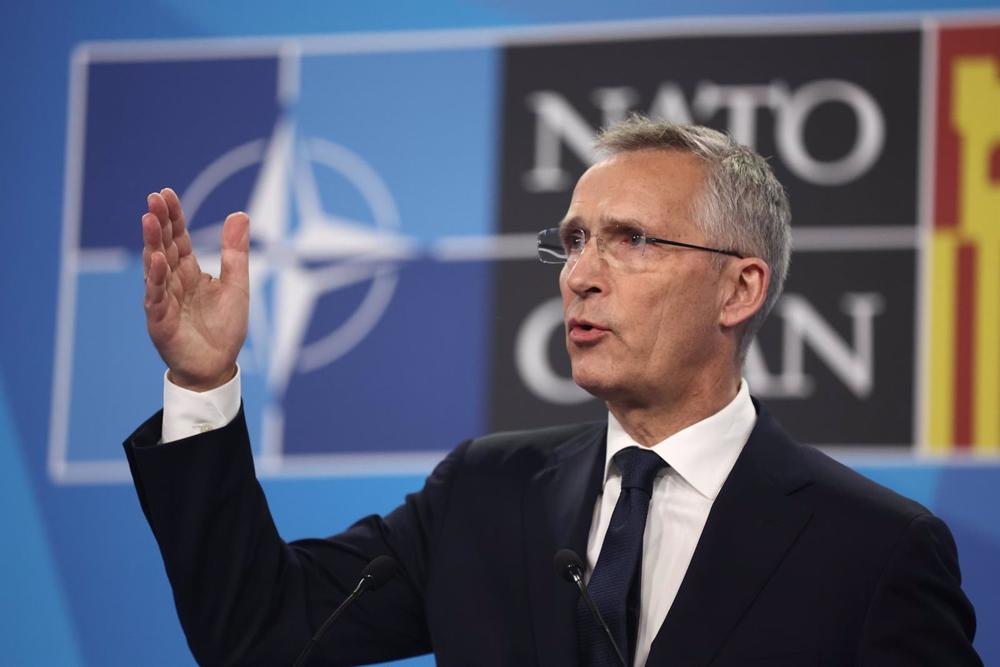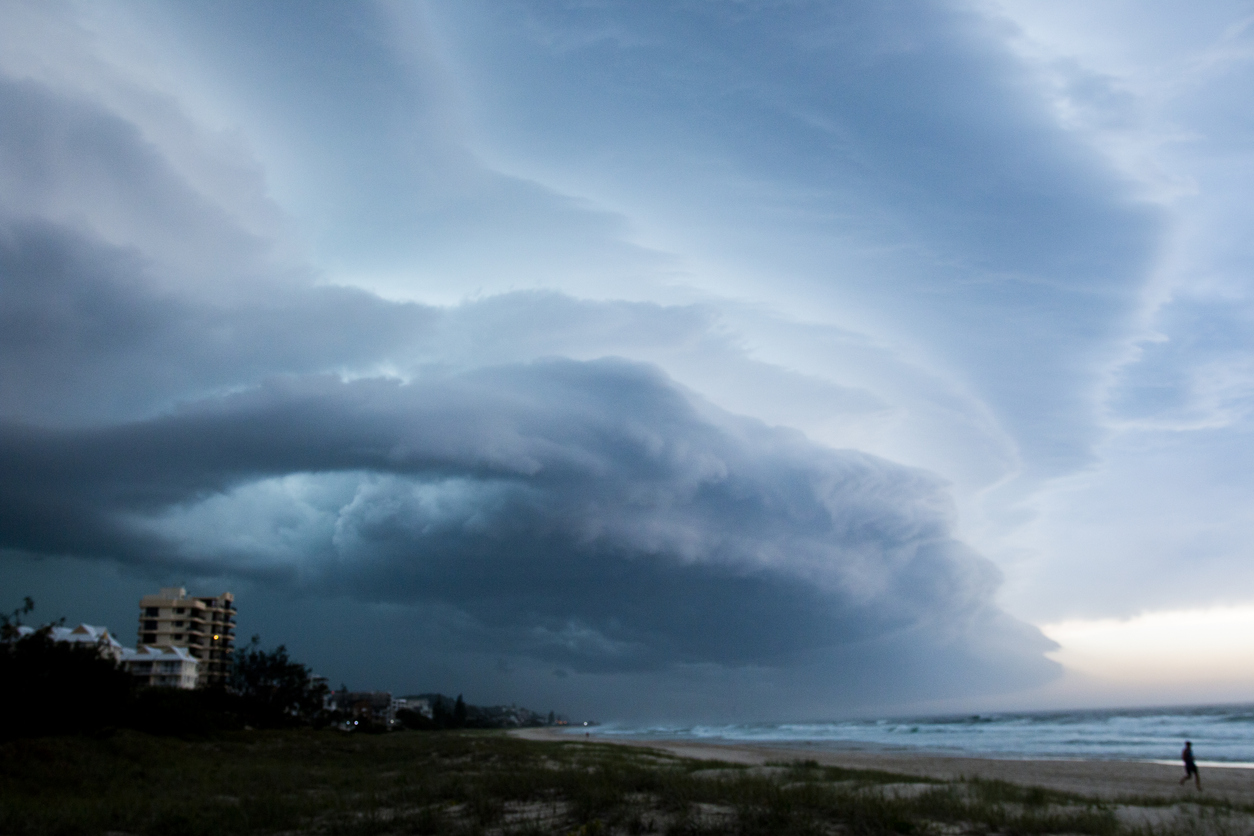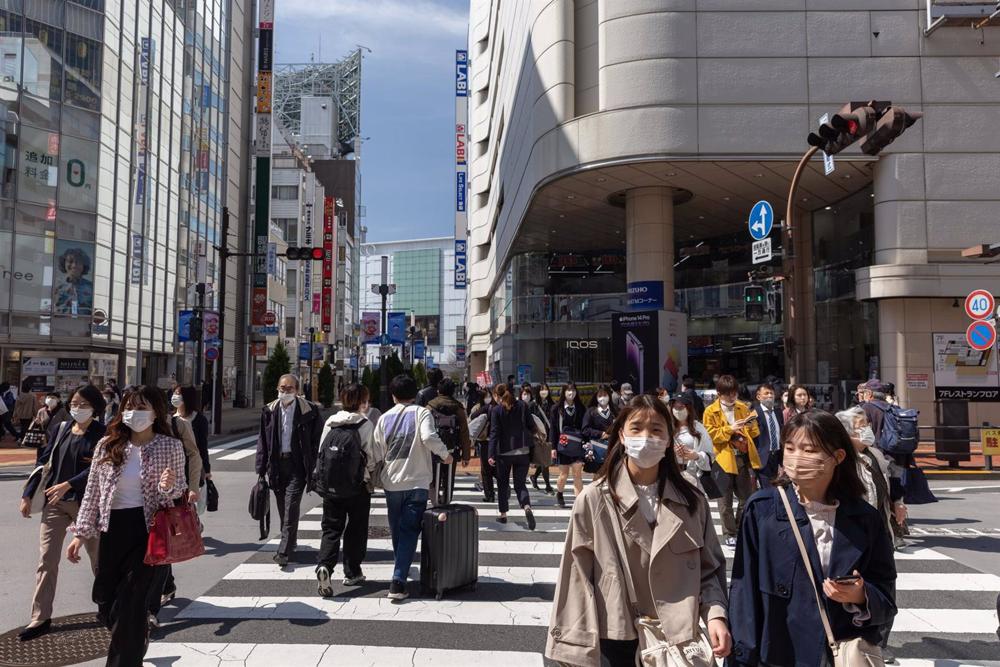
NATO will ask its members to provide more anti-aircraft assistance to Ukraine to curb Russian President Vladimir Putin’s «brutality» in the midst of a wave of Russian attacks on civilian infrastructure in the neighboring country.
On the sidelines of the meeting of allied foreign ministers in Bucharest, Romania, the organization will ask allies for more lethal and non-lethal military assistance. «NATO will continue to support Ukraine as long as necessary. We will not back down. I thank the Allies for their contributions and at our meeting in Bucharest, I will ask for more,» Secretary General Jens Stoltenberg said at the press conference ahead of the meeting.
The former Norwegian prime minister stressed that there will be no lasting peace if the aggressor wins and insisted that if Putin wins, the Allies «will pay a higher price for many years to come.» «Most wars end with negotiations but what happens at the negotiating tables depends on what happens on the battlefield. The best way to increase your chances of a peaceful solution is to support Ukraine,» he said.
SWEDEN AND FINLAND’S ACCESSION Sweden and Finland will sit at the meeting as guests, when ratification of their NATO membership is pending approval by Hungary and Turkey.
«It is time to finalize their accession process and welcome them as full members of the alliance. It will make us safer and our alliance stronger and the Euro-Atlantic area more secure,» Stoltenberg defended.
ANALYZING CHINA’S DEPENDENCIES In addition, the allied foreign ministers will open a debate on the threat posed by China, a player that NATO continues to view with suspicion because of its aggressive attitude and the modernization of its military means, although it does not consider it an «adversary».
In this sense, Stoltenberg has asked to analyze the dependencies generated with Beijing and ensure that this does not become a weakness, as has happened with Russia in energy matters. The war in Ukraine has demonstrated our dangerous dependence on Russian gas. Therefore, we must assess our dependencies on other authoritarian regimes, including China,» he stressed.
The former Norwegian Prime Minister emphasized China’s growing presence on the international scene, «from the Arctic to the Balkans» and warned of its intention to control critical infrastructures in NATO countries, as in the case of China’s acquisition of shares in a terminal in the port of Hamburg.






